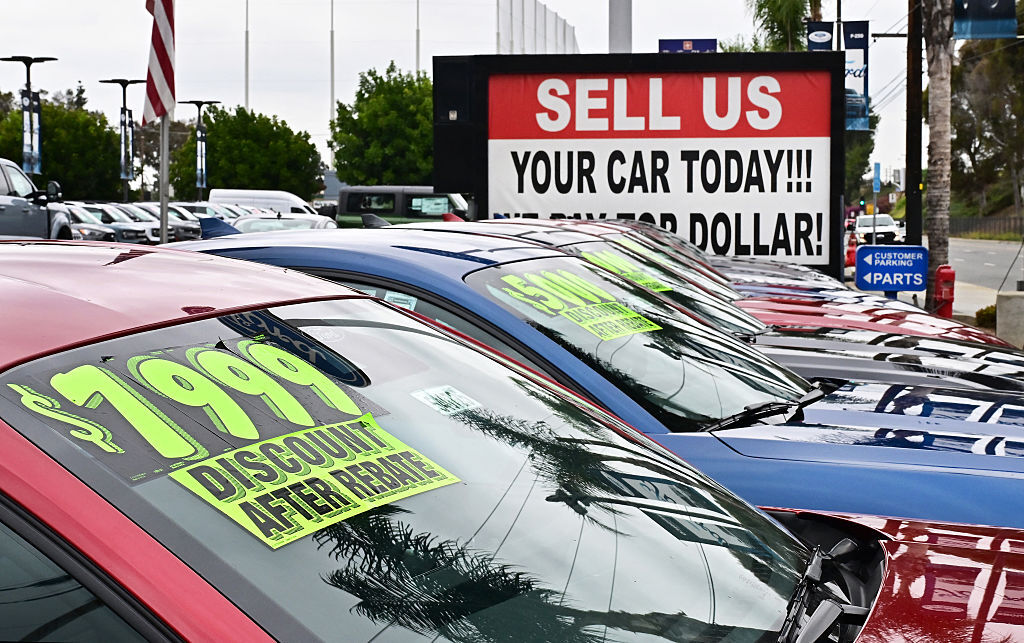Across the US, people are increasingly defaulting on their car loans — a dire economic indicator because these loans are usually the last payment Americans are willing to miss. Meanwhile, auto insurers are raking in record profits after hiking rates.



Not enough people do the math, whether moving and changing job into a neighborhood where the commute and daily errands would allow living car free would make you end up cheaper (it’s more than a loan and insurance, most cars want gas to move). Yeah… rent might be higher but it’s math worth doing and it will reveal how much work hours you spend just for keep your car moving.
NYC transit I think caps at $34/week, which I don’t hit because I walk most places.
When I lived in the suburbs I did some math about the cost. I was paying like $300/mo for transit into the city, plus all the other car coats. Moving in meant rent went up some, but I got rid of the car. Big win, in my case.
The average US household spends 17% of its budget on transportation. Obviously other forms of transport also cost money, but it still nearly possible to have a four day work week, if you get rid of your car.
I’d argue that US infrastructure is so spread out due to being car centric that no, it’s not.
I see your point, and fuck cars, but it’s baked in, sadly.
Fascinating. I spend about 2% here in Germany, for two good bikes (which I bought used) including professional maintenance, plus a monthly commuter rail pass. No car. Roughly a four-day week.
I feel like places to work are not usually by places to live, and that’s an awful lot of commitment to a job that may not last.
I guess it depends on your inventory me level.
It is not by chance that the 2008 financial crisis was unleashed by the bankcruptcy of an investment bank which was trading with shaky housing loans, leading to an investment bubble, which in turn was pinched just after prices for oil had passed 140 dollar per barrel. Which lead people to reconsider the rationale that you would live cheaper if you resign to living far away from work with super long commutes. It was the pheripherical suburbs far away from cities where that calculation broke down first, and houses became unmarketeable first.
That situation was then somewhat stabilized with quantitative easing and super cheap credit money, which also made energy extraction, and thus oil prices cheaper. Which essentielly means collectively borrowing money we can’t pay back, to finance energy and a way of living we can’t really afford. And states are still pumping more money into that.